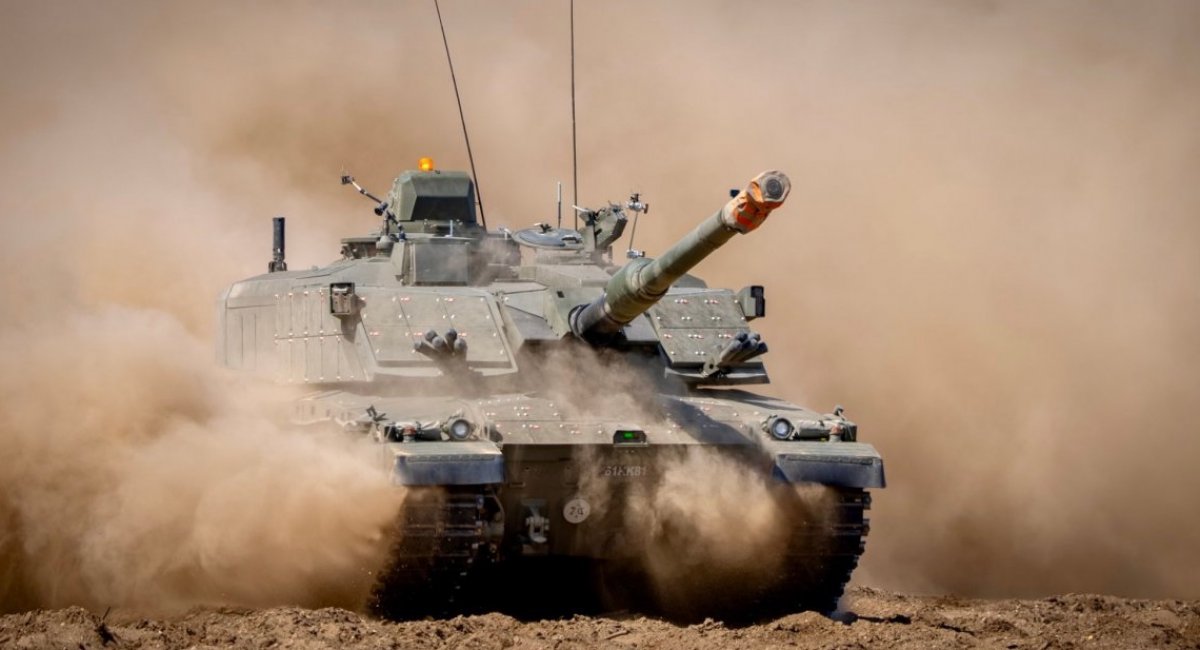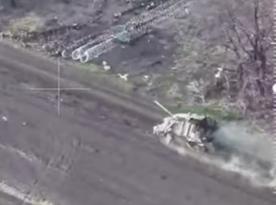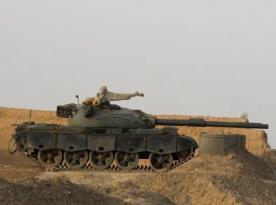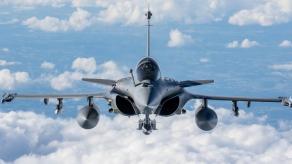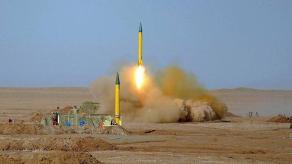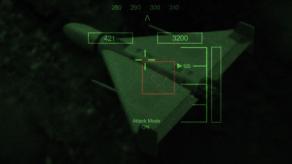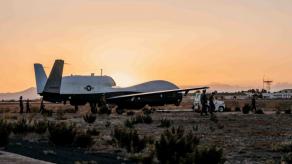United Kingdom has practically lost the ability to defend both its NATO allies and even its own territory. And this is the result of a failed defence policy that lasted for many years and, despite loud statements, continues to this day.
An assessment of the problems within the British Armed Forces was published by the country's parliamentary Defence Committee. It notes that there is now a real risk that the UK may be unable to fulfil Article 3 of the NATO Treaty, which requires maintaining the capacity to resist armed attack.
Read more: Israel Expands US-Funded Iron Dome Missile Production but This May Soon Come to End
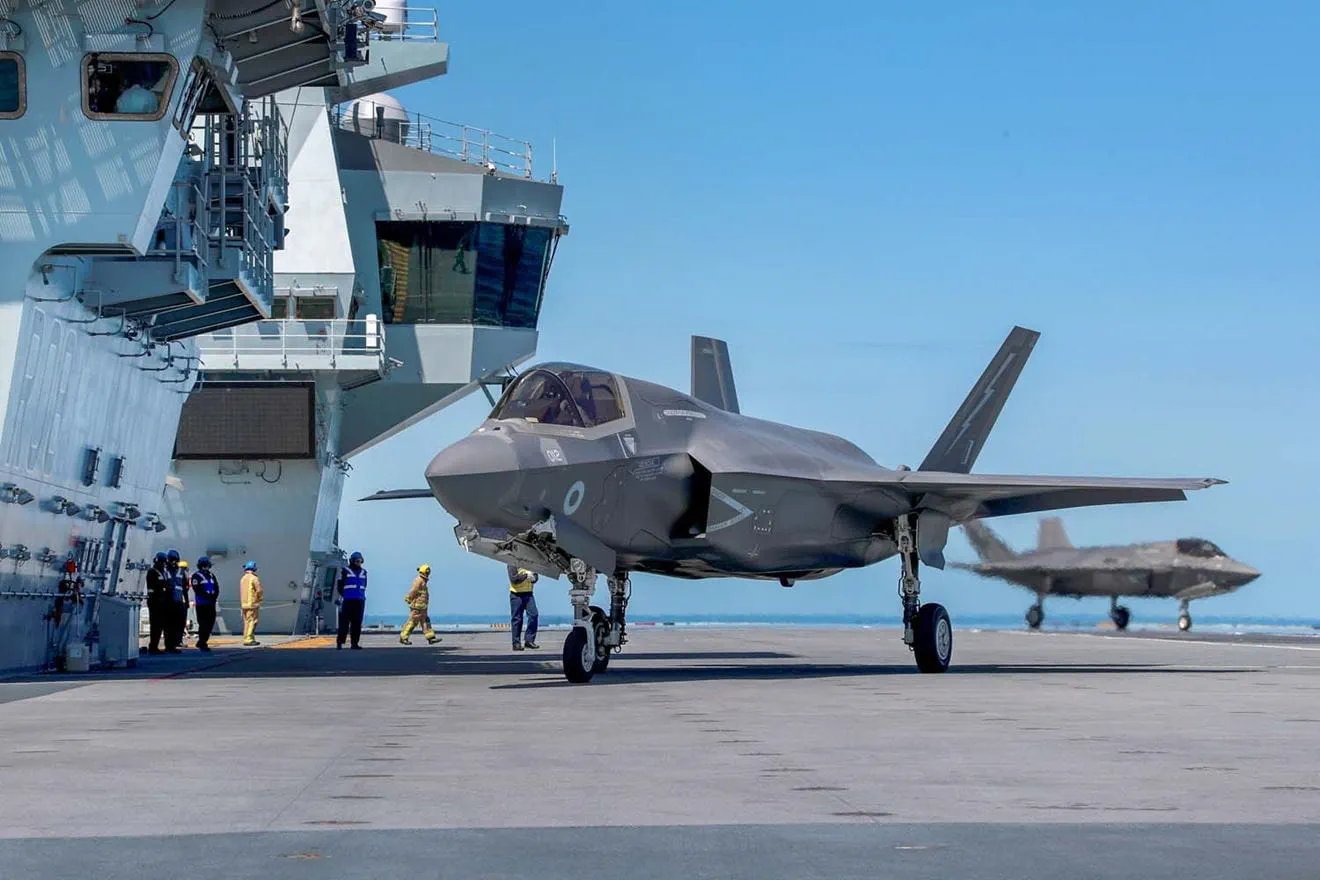
Although the British Armed Forces are still considered strong within the region, their position is extremely fragile due to years of underfunding, slow decision-making, and excessive dependence on the United States. The report also stresses that despite constant calls for a wake-up, everything continues to stall in place.
The committee urged the government to stop burying its head in the sand and begin strengthening both conventional and nuclear military capabilities. It also highlighted the need to reform defence procurement and increase interoperability and standardisation.

Regarding relations with the United States, the committee recommends maintaining NATO's resilience while also identifying areas where replacements would be needed should the Americans step back. To close capability gaps, deeper cooperation with Europe especially France is advised.
The report concludes that British society must become more engaged in defence matters, particularly regarding unfulfilled promises. The government, for its part, must define clear boundaries and scopes for defence projects, and perhaps even create a dedicated Ministry of Homeland Defence to enhance resilience.

From Defense Express, we can add that this is an important attempt to draw attention to the UK's defence problems, where despite all assurances there are not enough tanks and self-propelled artillery to field even a full division. Some may argue this is due to aid for Ukraine, but replacements for systems like the AS-90 have already been chosen; they simply have not been contracted for over a year, for unclear reasons.
There are also issues with long-delayed projects, ranging from the poorly modernised Challenger 3 to long-range weapons for the F-35, which have now been pushed into the 2030s. Therefore, the British should reconsider their approach to their armed forces and defence in general because soon it may be too late.
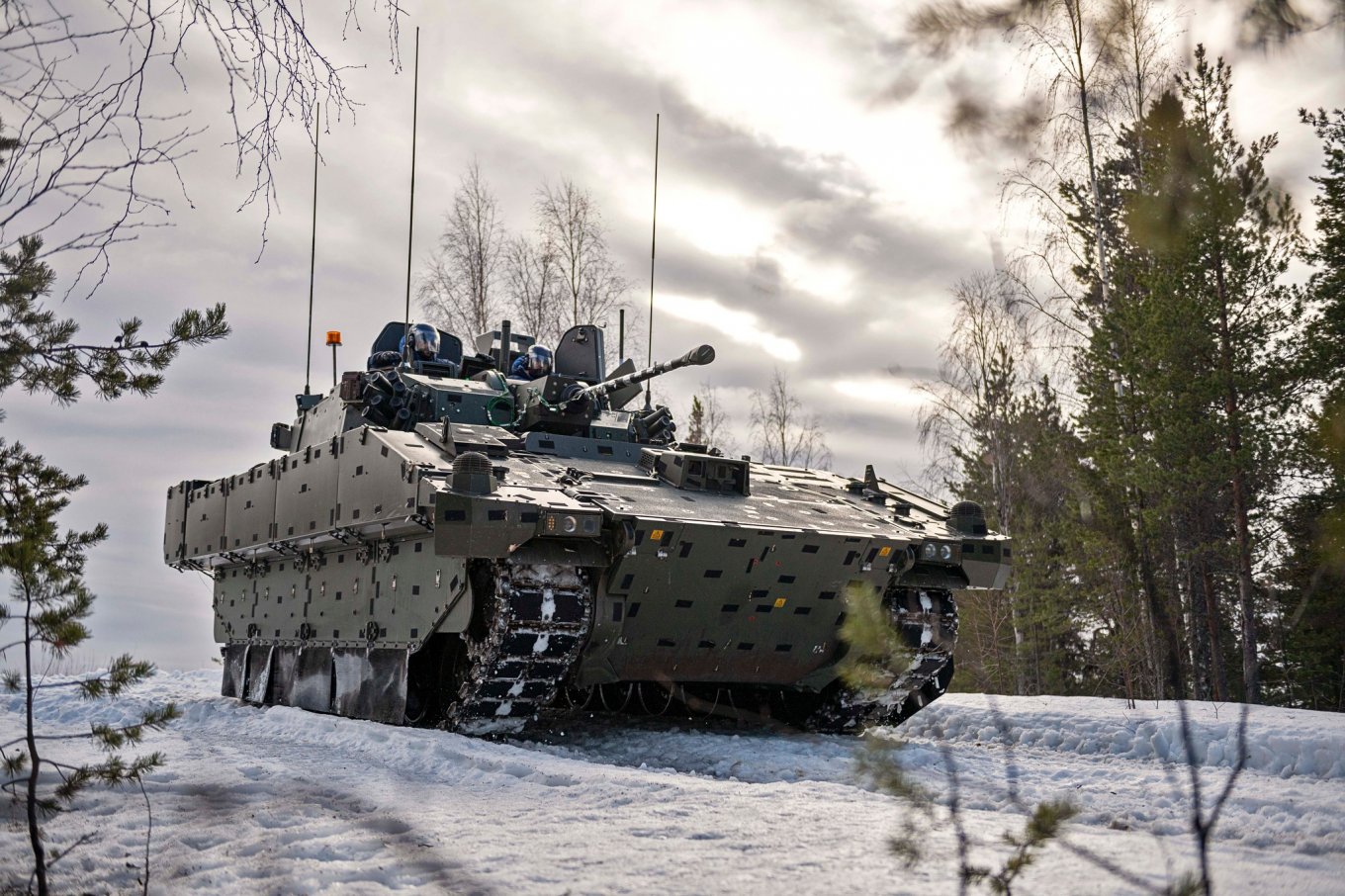
Of course, creating a new ministry may not be the best idea, as it could only increase bureaucracy and complicate processes. However, the rest of the committees proposals are important general steps needed to begin resolving this crisis.
Read more: Germany's Ring Exchange Strikes Again Chile Offers 30 Marders for Ukraine in Return for Air Defense




